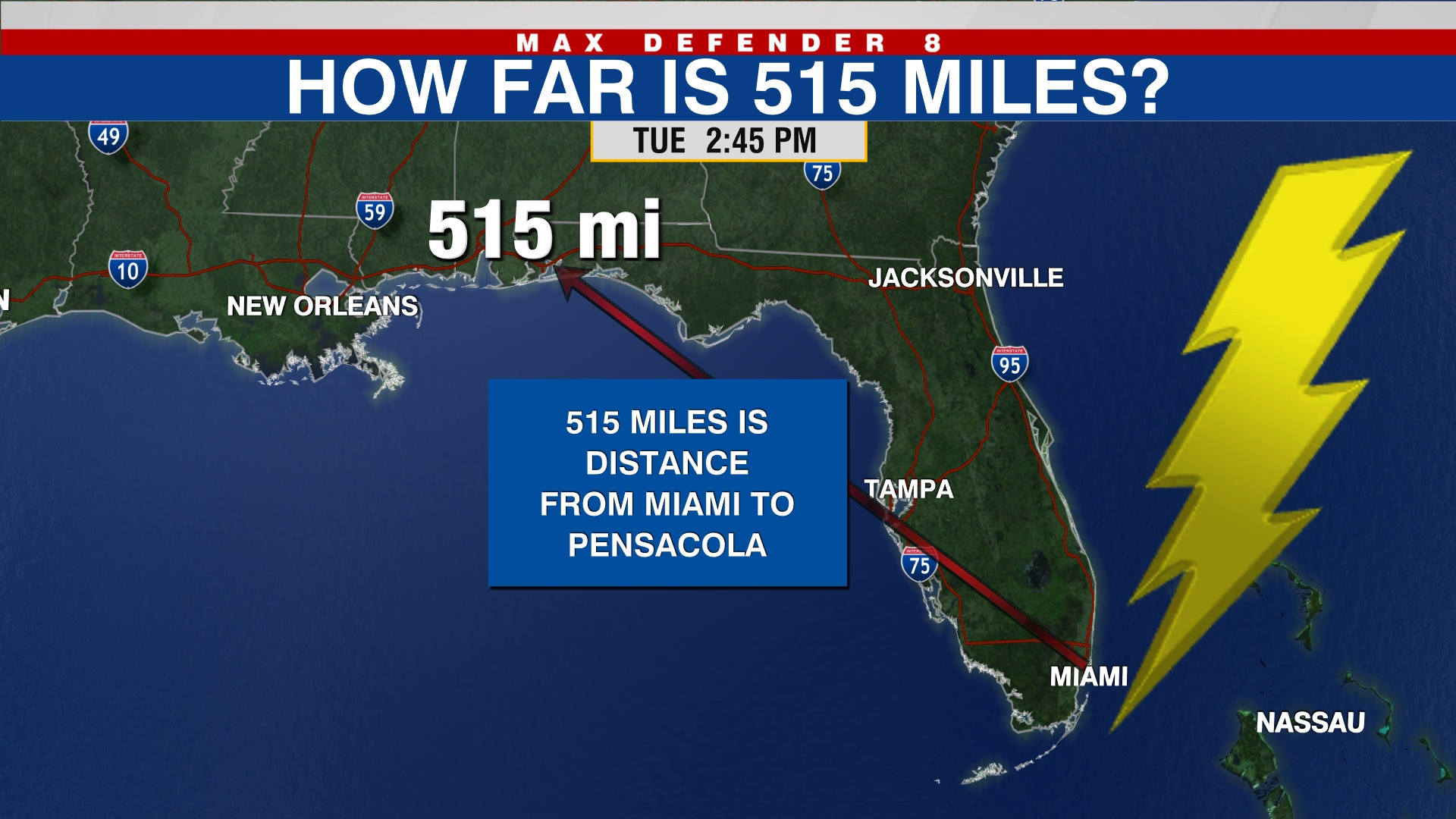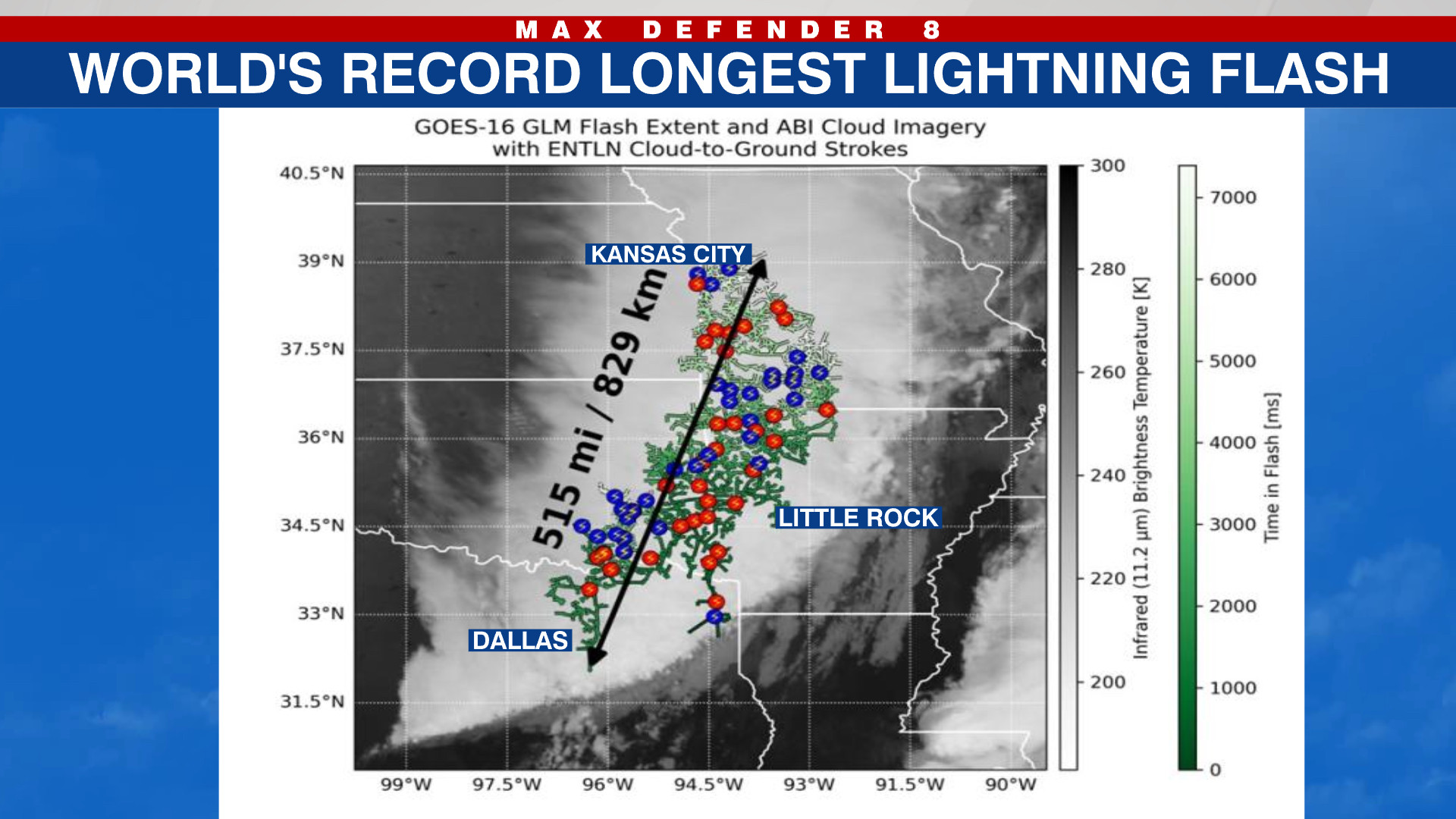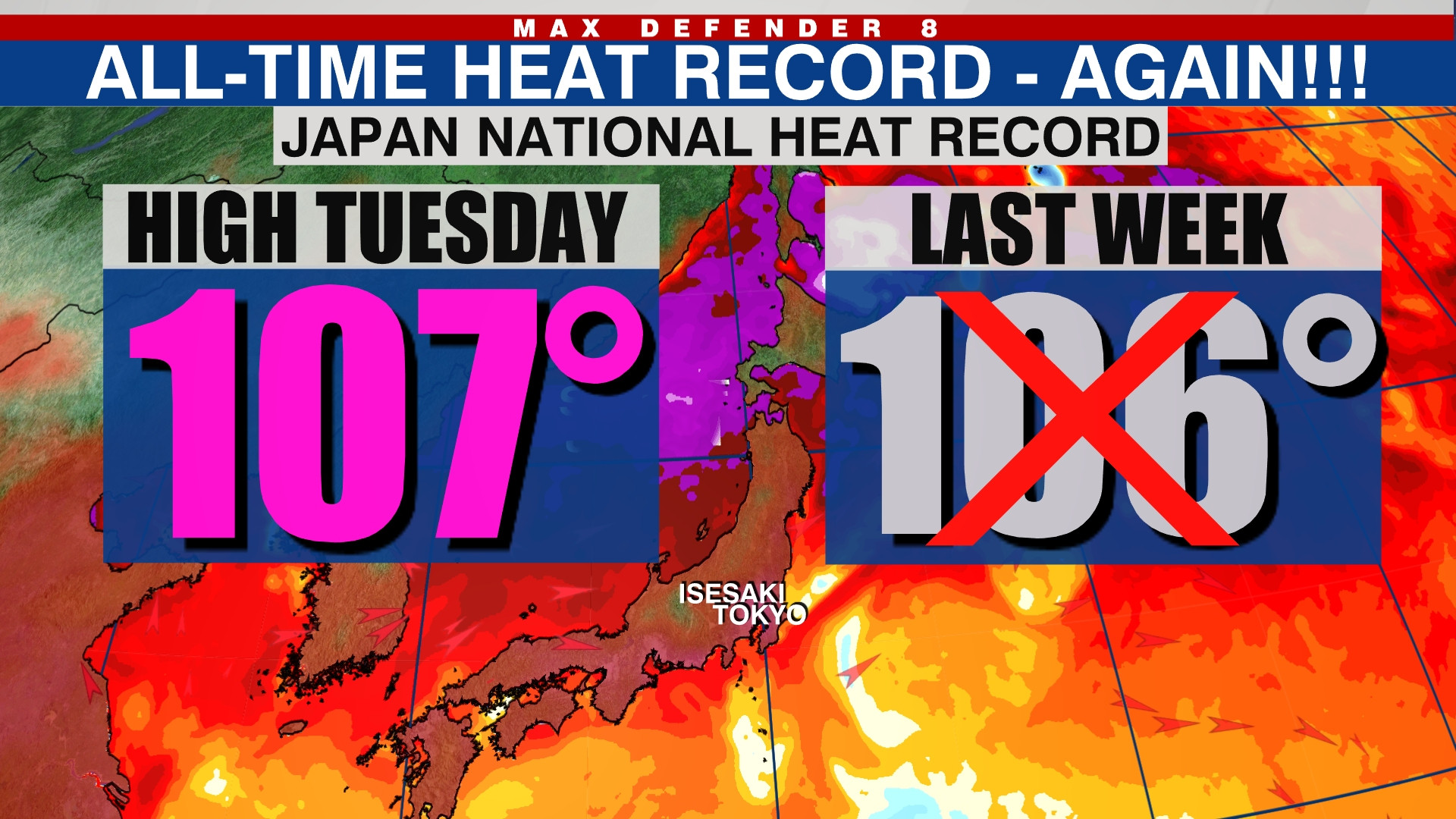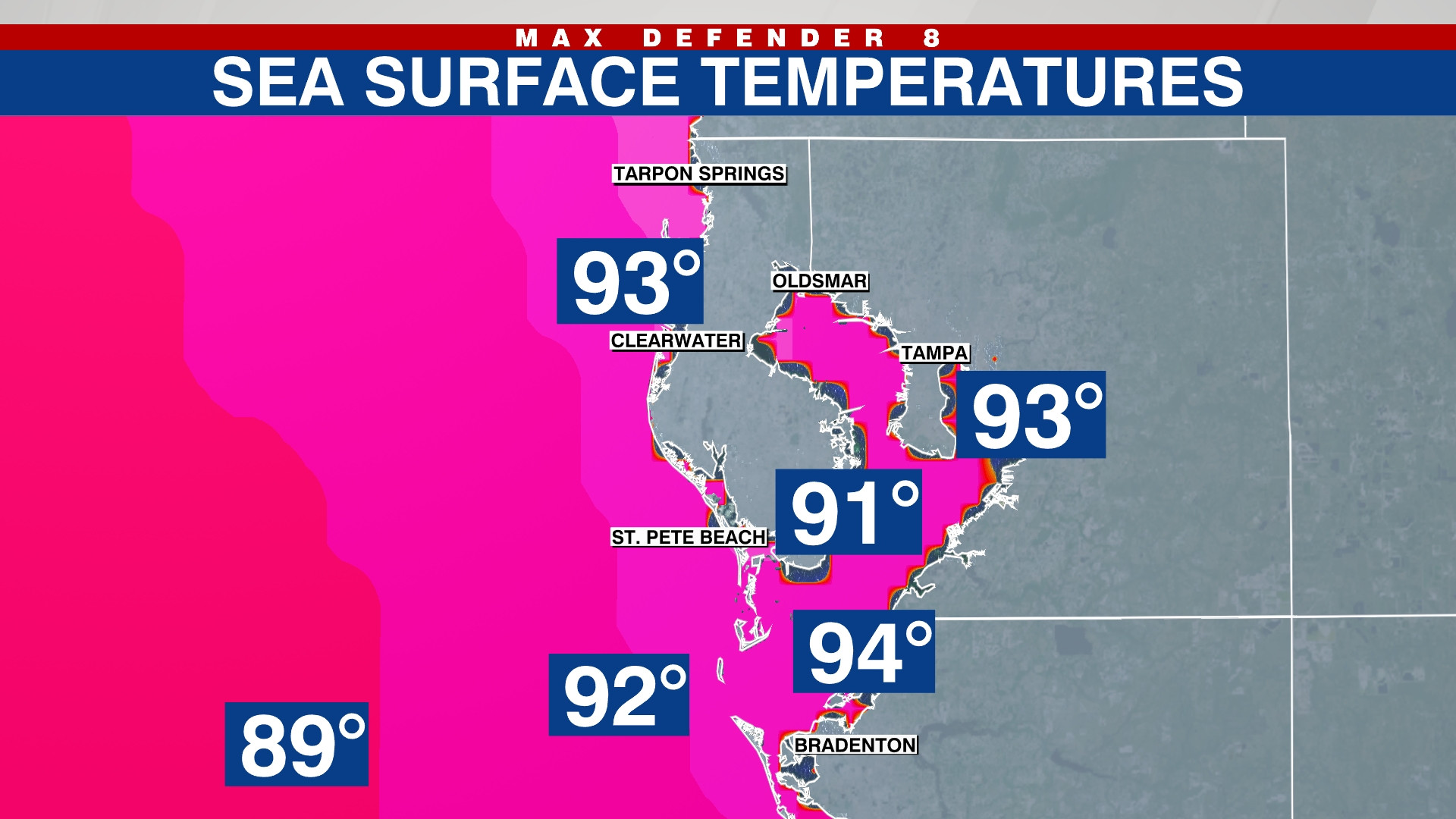There's a ton of "stuff" floating out here on the inner webs regarding the tropics. Most is nonsense and clickbait. One thing is true: things are starting to wake up, as they typically do in August. Below you are looking at are the European model ensembles "pressure centers" over the next 15 days.
Jeff Berardelli
@weatherprof.bsky.social
21889 Followers
979 Following
Same @WeatherProf as Twitter. Posting about climate and weather. Chief Meteorologist and Climate Specialist WFLA NBC Tampa
Statistics
-
-
Compare that to the average flash length of ~5 miles (it varies). FYI… The longest duration strike was 17 seconds in Argentina. Lightning is 50,000 degrees, 5X the temperature of the surface of the Sun!
-
Imagine a lightning flash from Miami to Pensacola!?! Impossible right? Nope! A few days ago the World Meteorological Organization (WMO) certified a 515 mile lightning flash! It spanned from Kansas City to Dallas in 2017. A new World record! 1/
-
On Japan’s 2nd All-time National heat record in a week. While these records are more likely now due to climate change, it’s worth looking at the details. Extreme marine heat wave. West wind downslopes off mountains into valley town of Isesaki (where it hit 107) and heats due to drying/compression.
Japan broke it's All-time NATIONAL heat record for the 2nd time in... checks notes... less than a week! It's not coincidence. It's climate change. Japan is surrounded by the most anomalously hot water on the planet right now. The city of Isesaki hit 107 - it's in a valley NW of Tokyo. 1/
-
A strong heat ridge to the south is now giving way to a deep trough with gusty winds ahead of it. Nestled in-between mountains, a downslope wind likely amplified the heat through compressional heating. I'll follow up later with an animation.
-
Japan broke it's All-time NATIONAL heat record for the 2nd time in... checks notes... less than a week! It's not coincidence. It's climate change. Japan is surrounded by the most anomalously hot water on the planet right now. The city of Isesaki hit 107 - it's in a valley NW of Tokyo. 1/
-
Need some relief from the heat Tampa Bay? Take a dip into the refreshi... Never mind. The Gulf is en fuego!
-
Contrary to denial talking points, the 1930s in the US are further proof that us humans, even in the small numbers of the 1930s Plains, can have a profound impact on the climate!
-
About the 1930s in the US. It was the Dust Bowl, a phenomenon caused by the intersection of a natural dry cycle in US Plains and also horrible farming practices with the mass plowing of native Prairie grass. This resulted in incredibly hot summers, in which many US heat records still stand today 3/
-
The 1930s were a relatively warm decade, but its no comparison to recent years, as the pace of human driven climate heating has far surpassed the pace of natural cycles (10X) due to greenhouse heating from fossil fuel burning, land use changes, variations in air pollution, plus climate feedbacks 2/



